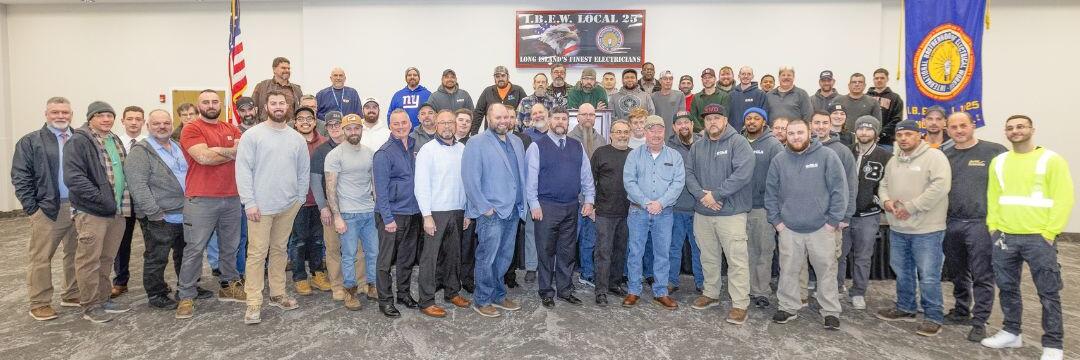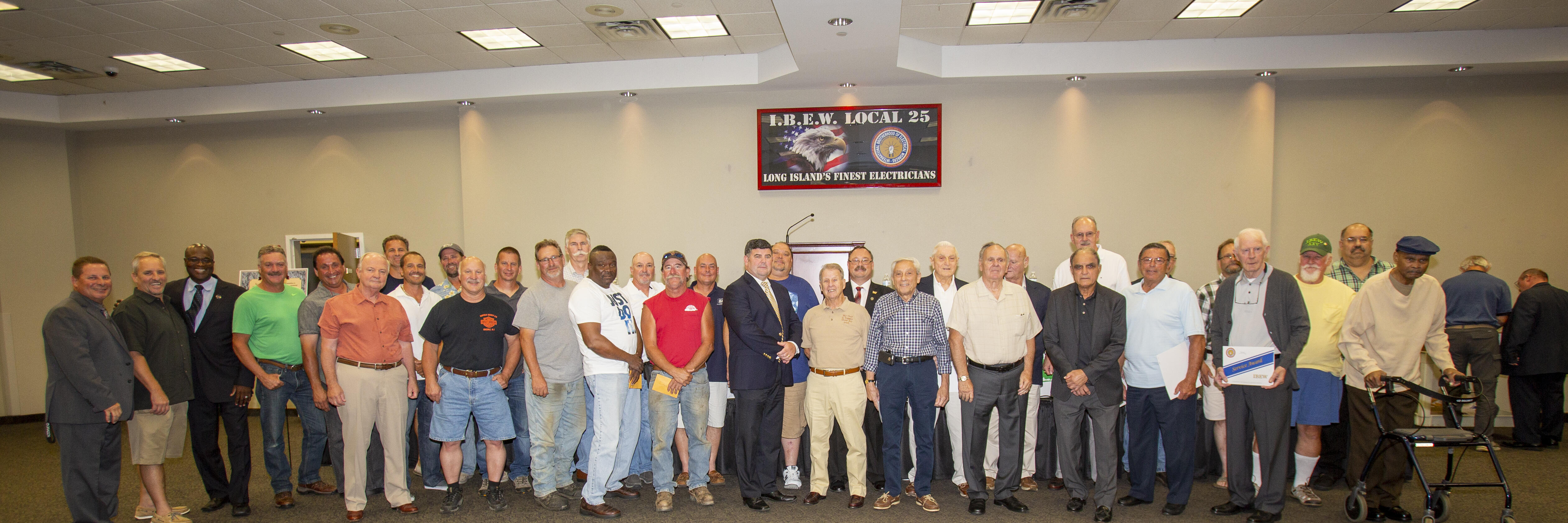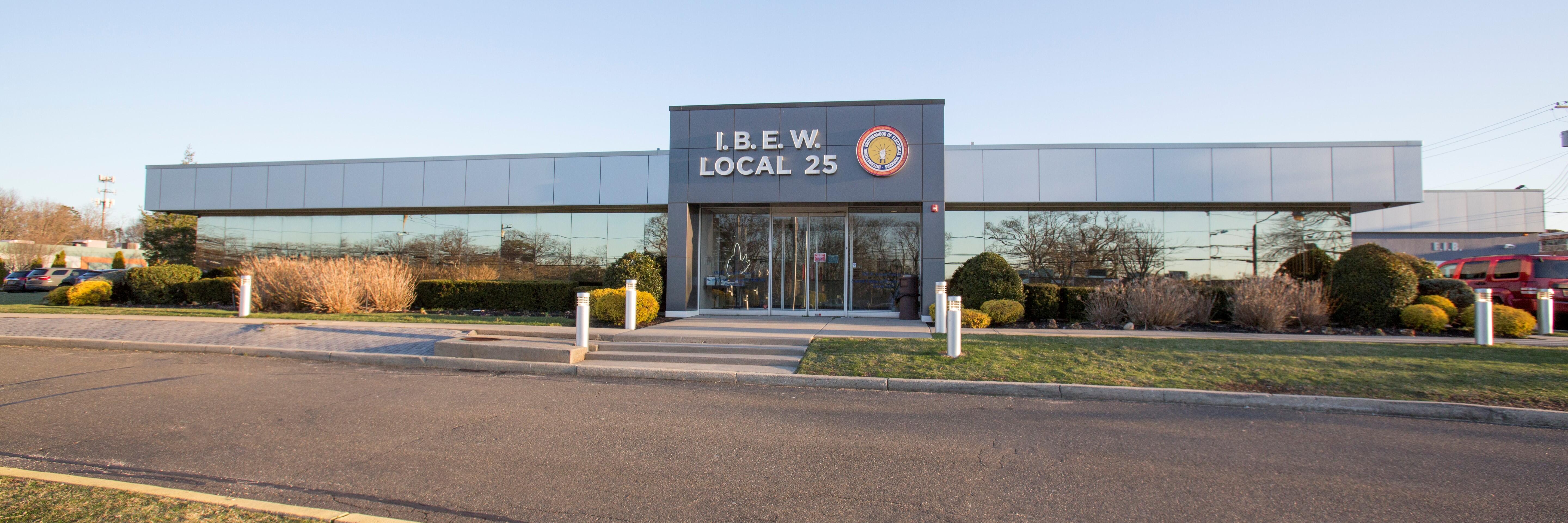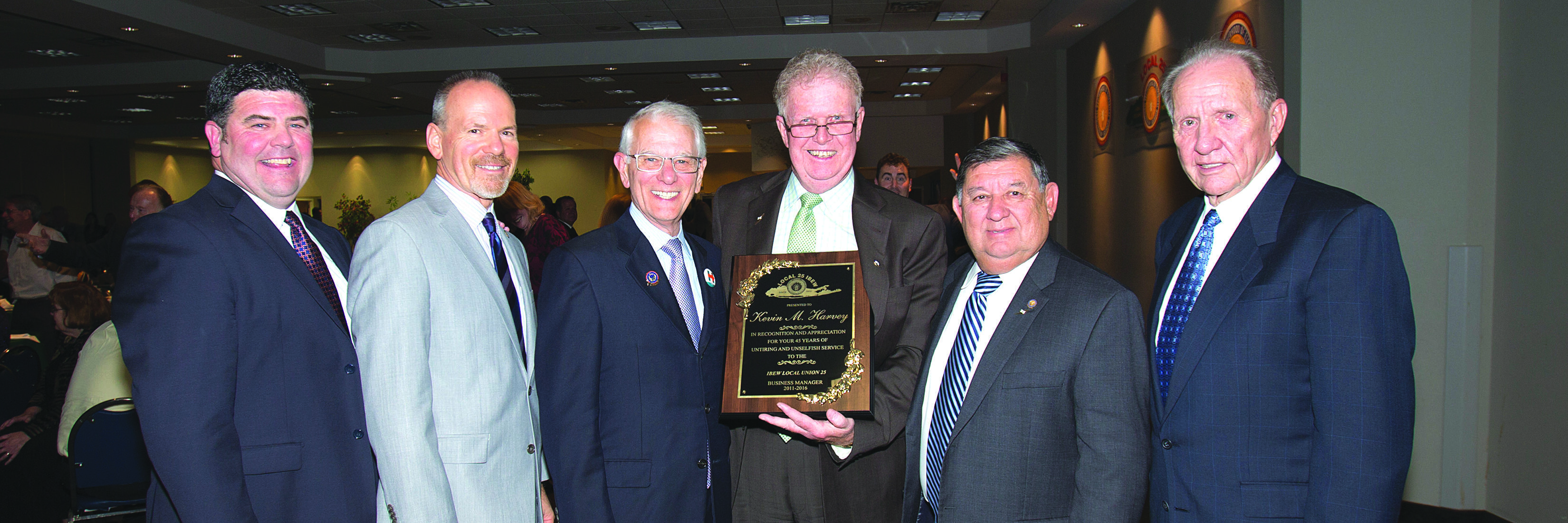Kevin B. Casey, Business Manager
/node/9537
New England states have invested over $390 million in offshore wind infrastructure since 2011, with Massachusetts alone spending on specialized ports and job training programs. The region's first two utility-scale offshore wind projects, Vineyard Wind and Revolution Wind, are under construction and expected to be fully online by early next year, though the industry faces significant uncertainty. Source: wbur.org
/node/9538
Eleven governors from PJM Interconnection member states are demanding greater control over grid operations as data center expansion drives capacity auction costs from $2.2 billion to $16.1 billion in two years. The surge in electricity demand from AI and data centers has caused ratepayer bills to increase substantially, with some threatening to withdraw from the 13-state grid altogether. Source: grist.org
/node/9539
Category 5 Hurricane Melissa struck Jamaica causing catastrophic floods and landslides across the Caribbean, killing seven people and underscoring the urgency of the upcoming COP30 climate summit in Brazil. UK Foreign Secretary Yvette Cooper told Cabinet colleagues the hurricane highlighted the importance of the summit for those unable to "pick up their island and move it out of the way of the approaching storm." Source: theecologist.org
/node/9540
Bill Gates calls for a strategic pivot in climate action ahead of COP30, arguing the world should focus on preventing human suffering rather than solely on emissions targets. In his memo "Three Tough Truths About Climate," Gates contends that climate change is serious but won't end civilization, and that health and prosperity are the best defense against climate impacts, sparking debate among climate scientists and activists. Source: gatesnotes.com
/node/9541
COP30 in Belem, Brazil marks the 10th anniversary of the Paris Agreement with critical discussions on climate finance, deforestation, and closing the gap between countries' pledges and the 1.5C warming target. Key issues include scaling climate financing from $300 billion to $1.3 trillion annually by 2035, protecting tropical forests through Brazil's proposed $125 billion fund, and addressing the urgent need for ambitious national climate plans. Source: france24.com
/node/9542
As COP30 approaches, challenging questions loom about climate finance delivery, adaptation funding, and whether countries can bridge the widening gap between current emissions trajectories and climate targets. Experts warn that without decisive action on financing mechanisms and accountability frameworks, vulnerable nations will continue bearing disproportionate climate impacts while lacking resources for resilience. Source: ft.com
/node/9543
IBEW Local 280 is opening a new 7,200-square-foot union hall and training center in Redmond, Oregon in January to accommodate growth driven by data center construction. The union has grown to 500 members, fueled by work on Facebook and Apple data center campuses in Prineville, with journeyman electricians earning $57.65 per hour. The electrician field in Central Oregon has grown 22.1% over the past decade. Source: redmondspokesman.com
/node/9525
Skilled trades workers who supported President Trump in the election are expressing feelings of betrayal as administration policies and the government shutdown directly impact their livelihoods, union protections, and job prospects.
/node/9524
Labor unions in the Oak Ridge and Anderson County area are experiencing growing pressure from the ongoing government shutdown, as members face uncertainty about pay, benefits, and job security during the extended closure.
/node/9523
The AFL-CIO calls for an immediate end to the government shutdown in its Working People Weekly List, highlighting the impact on federal workers, union members, and essential services across the country.
- ‹ previous
- 9 of 170
- next ›































